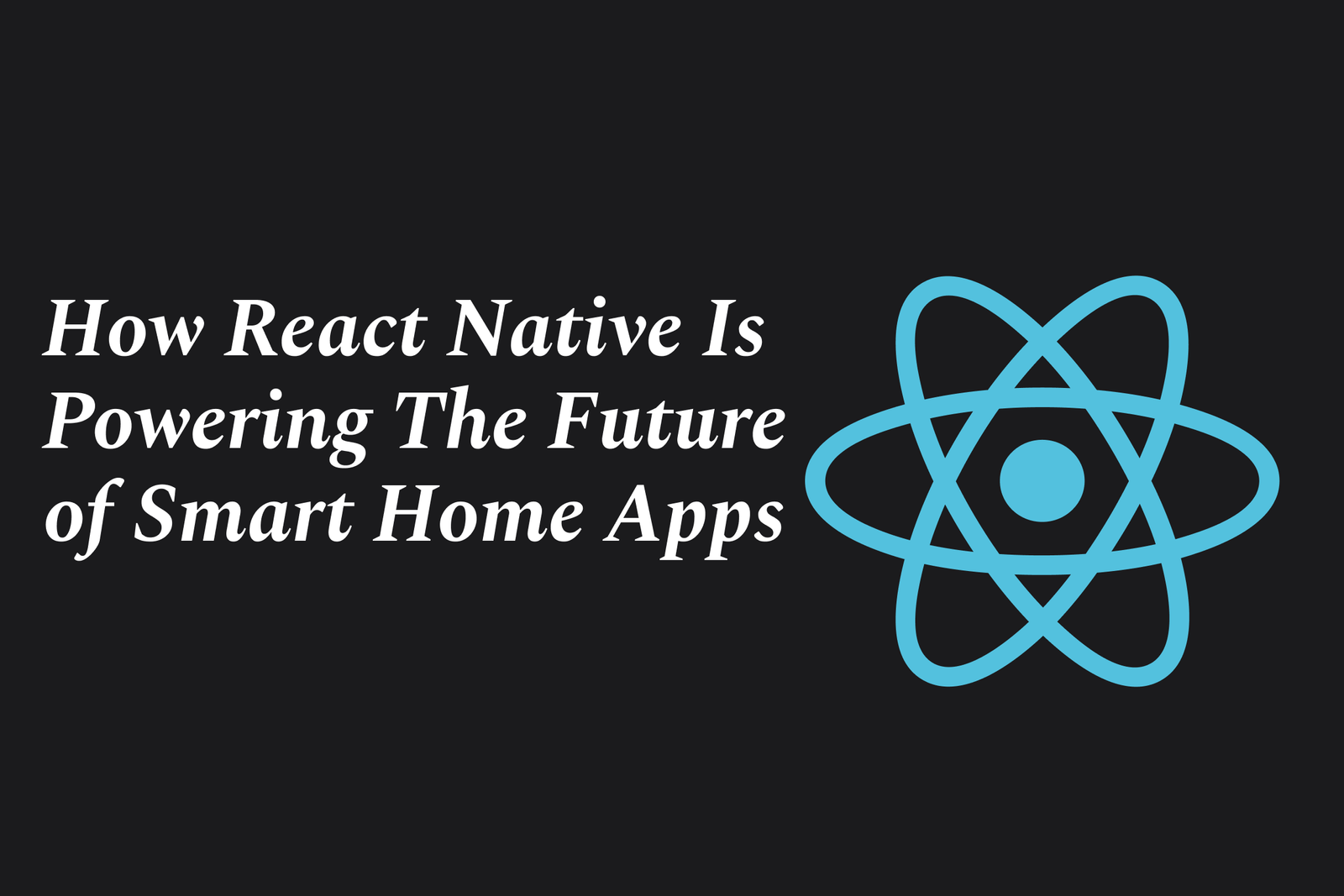React Native and AI: The Next Big Thing in App Development
React Native enables cross-platform native app development using JavaScript, and its integration with AI—especially intelligent agentic AI—is revolutionizing app creation by delivering smarter, adaptive, and personalized user experiences, marking the next big leap in app development.
React Native and AI: The Next Big Thing in App Development
1 ) Introduction to React Native
React Native is a powerful open source JavaScript framework developed by Meta that enables developers to create truly native mobile applications for Android, iOS, and other platforms. It allows the use of React programming techniques for native app development, ensuring apps deliver smooth, high performance experiences by rendering using native platform UI components such as Views, Text, and Images.
2 ) Benefits of Using React Native
Cross Platform Development: Write code once in JavaScript and deploy it natively across multiple platforms, saving development time.
Native Performance: React Native runs JavaScript code on a separate thread, enabling high performance animations and native UI rendering without compromising app responsiveness.
Community and Support: Backed by Meta and a large community including contributors from companies like Microsoft and Expo, React Native has mature tools, libraries, and evolving platform support (Windows, macOS, Web).
Developer Tools and Frameworks: Frameworks like Expo provide file based routing, universal native modules, and development tools that simplify building production ready apps and writing native code when necessary.
3 ) React Native’s Role in the AI Revolution
The integration of AI technologies, particularly generative AI and agentic AI, with React Native is creating new frontiers in app development. AI driven apps powered by React Native can leverage intelligent agents that:
Make context aware decisions and automate complex tasks, enhancing user experience.
Collaborate with users and other AI agents for planning, scheduling, supply chain management, etc.
Utilize conversational AI capabilities to offer personalized interactions, content generation, and research assistance within mobile apps.
4 ) The Rise of Agentic AI and Its Impact on App Development
Agentic AI comprises autonomous AI “agents” capable of decision making, learning, and multi agent collaboration akin to human problem solving teams.
These agents incorporate large language models (LLMs) to understand context and take real world actions, not just generate content like previous generative AI.
Agentic AI is forecasted to become a dominant paradigm in software, including mobile apps created with React Native, enabling more intelligent, autonomous features and workflows.
5 ) Why React Native is Ideal for AI Driven Apps
Flexible and Extendable: Easily integrates AI SDKs, libraries, and native modules to embed cutting edge AI services within apps.
Cross Platform: AI powered apps can seamlessly reach a diverse user base across smartphones, tablets, web, and desktop.
Developer Ecosystem: Rich tooling like Expo and support from various AI technology platforms streamline AI integration and app deployment.
6 ) Community Insights and Future Outlook
Innovators in AI and app development see AI agents as the “next big thing” after the web, fundamentally shifting how apps solve user needs.
React Native’s approach, combining React’s declarative UI and native performance, is gearing up to host these advanced AI experiences.
The symbiosis of React Native and AI promises a new era of app development focusing on intelligent automation, personalised experiences, and cross platform reach.
Summary: React Native has revolutionized native app development by enabling JavaScript driven, high performance cross platform apps. As AI technologies—especially generative and agentic AI—rise, React Native is uniquely positioned to integrate these intelligent capabilities into mobile and web apps. This synergy heralds the next big wave in app development, where AI powered agents and seamless user interfaces merge to create smarter, more adaptable applications serving diverse real world needs.
https://justacademy.in/news-detail/flutter-on-raspberry-pi:-new-examples
https://justacademy.in/news-detail/android-app-analytics-tools-news
https://justacademy.in/news-detail/best-companies-hiring-flutter-devs
https://justacademy.in/news-detail/react-native-vs-nativescript:-which-one?s-winning?
https://justacademy.in/news-detail/how-react-native-is-becoming-the-backbone-of-remote-work-apps
Related Posts
Java supports GDPR and data privacy by enabling secure data handling through encryption, controlled access, and precise data management. It allows developers to minimize PII exposure, ensure data confidentiality, and design workflows that comply with data protection regulations effectively.
Java code quality tools have evolved to include advanced static analysis, integrated security checks, and AI-powered code reviews. These updates help developers detect bugs, enforce coding standards, and enhance security, streamlining the development process and improving overall code reliability.
Java remains a cornerstone in big tech companies, evolving with modern features like records, pattern matching, and virtual threads. Its robust ecosystem, enhanced performance, and growing AI integrations keep it vital for both legacy systems and innovative new projects.
Java and CI/CD pipeline optimizations streamline Java application development by automating builds, tests, and deployments. They improve efficiency through parallelization, caching, and secure secrets management, enabling faster feedback loops and more reliable, scalable software delivery.
Java supports modern cryptography standards through its flexible Java Cryptography Architecture (JCA), enabling integration of advanced algorithms like AES, EdDSA, and post-quantum tools. Libraries like Bouncy Castle offer FIPS-certified, hardware-accelerated implementations for secure development.
Java 23 enhances record patterns by enabling concise, direct destructuring of record components within pattern matching, simplifying type checks and data extraction. This improvement boosts code readability and expressiveness by reducing boilerplate in handling immutable data classes.
Java remains a top choice for mobile app backends, powering scalable, secure, and high-performance server-side solutions. Latest trends include cloud-native microservices, reactive programming, and enhanced JVM optimizations, enabling efficient, flexible, and robust mobile backend development.
Java SE 24 and LTS Java SE 21 offer enhanced features and performance, while Apache Spark 4.0.0 introduces Scala 2.13 support and advanced ML and SQL capabilities. Together, they empower developers to build scalable, high-performance data applications with modern tools.
JUnit 5 modernizes Java testing with a modular architecture, improved assertions, and seamless Java 8+ support. Beyond JUnit, tools like Mockito and AssertJ enhance mocking and assertions, creating a powerful, flexible ecosystem for writing clean, efficient Java unit tests.
Java plays a pivotal role in cloud automation tools by providing a robust, platform-independent language used to build scalable automation frameworks like Jenkins and Selenium, enabling efficient CI/CD pipelines, testing, and orchestration across diverse cloud environments.










